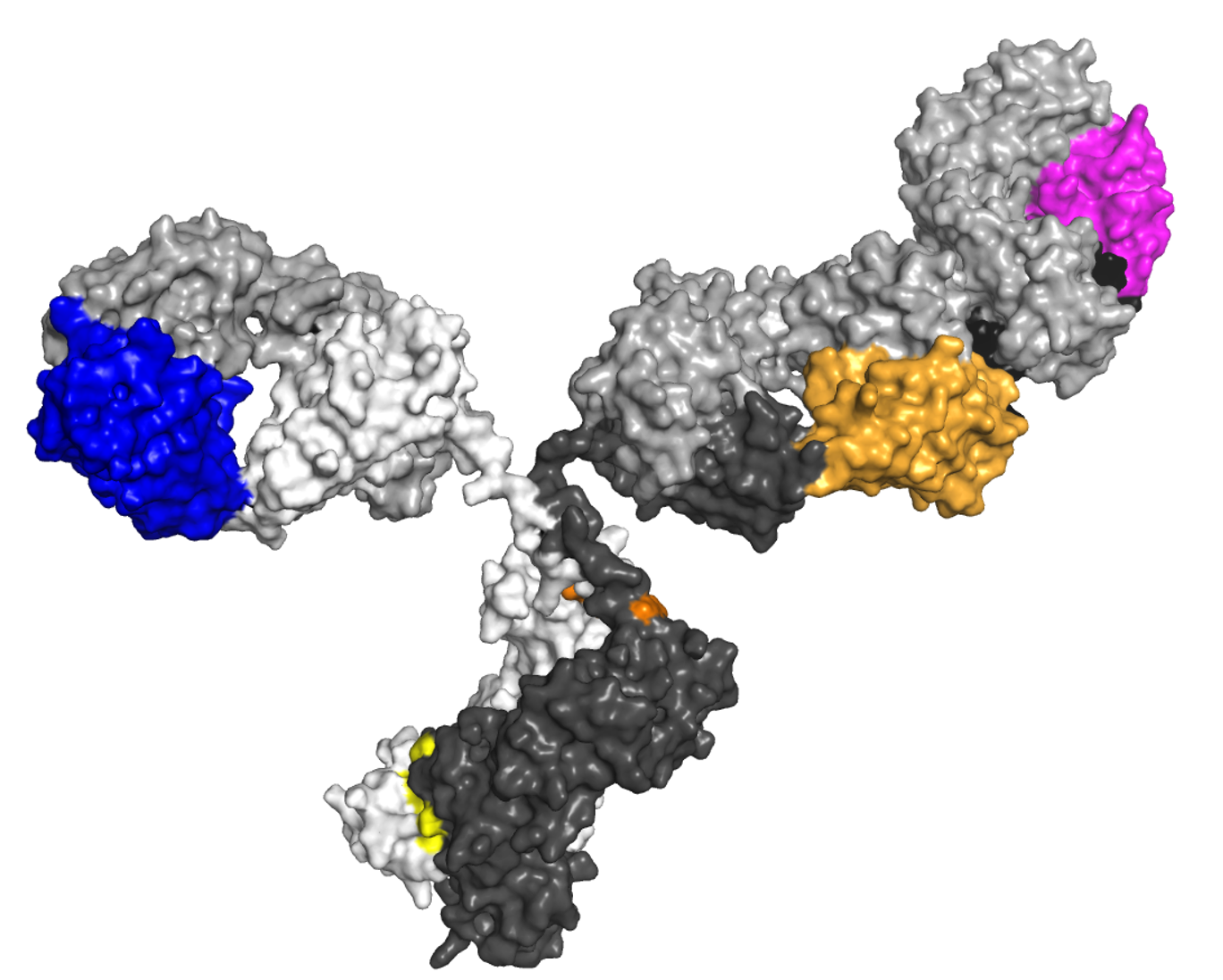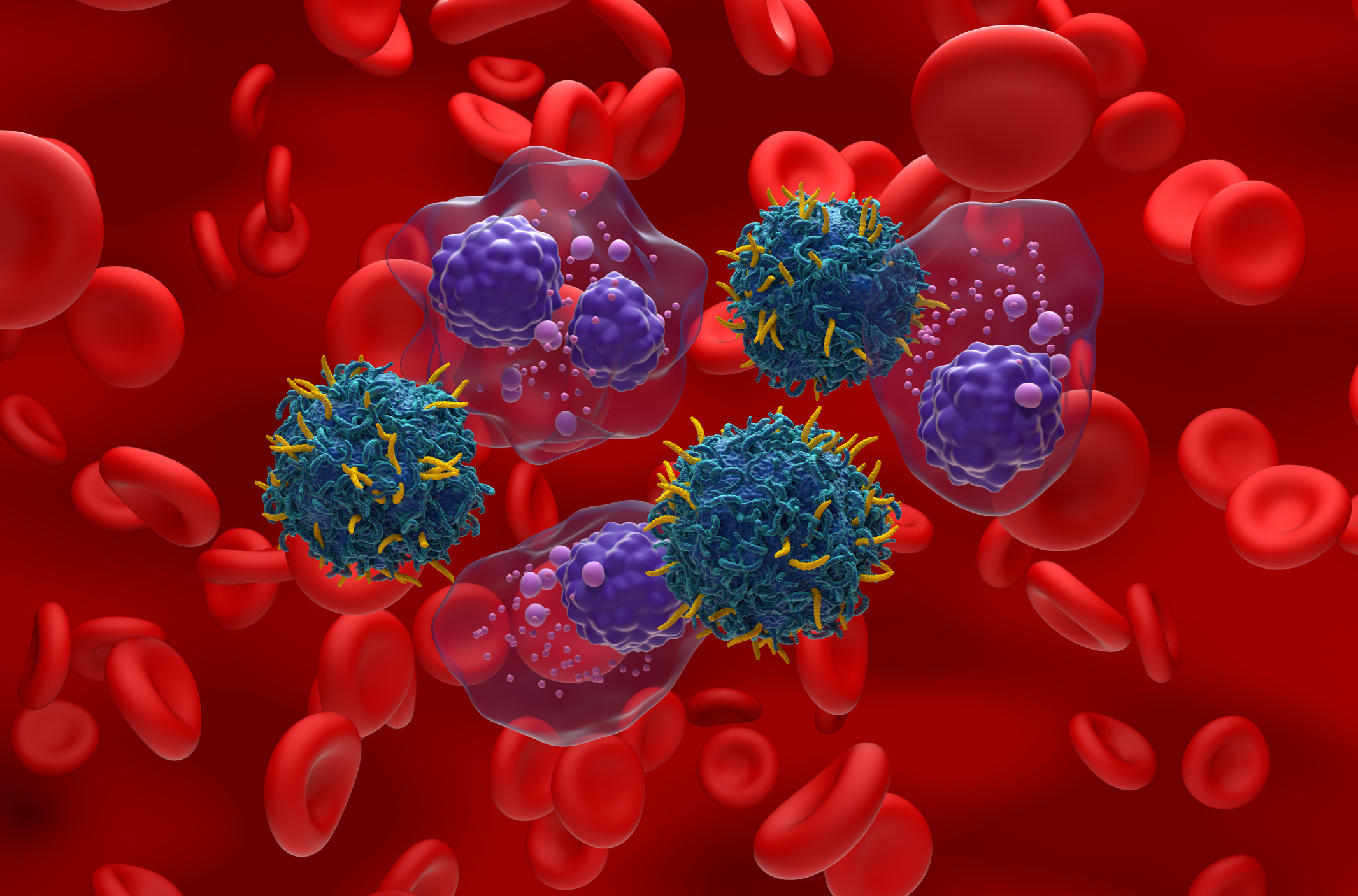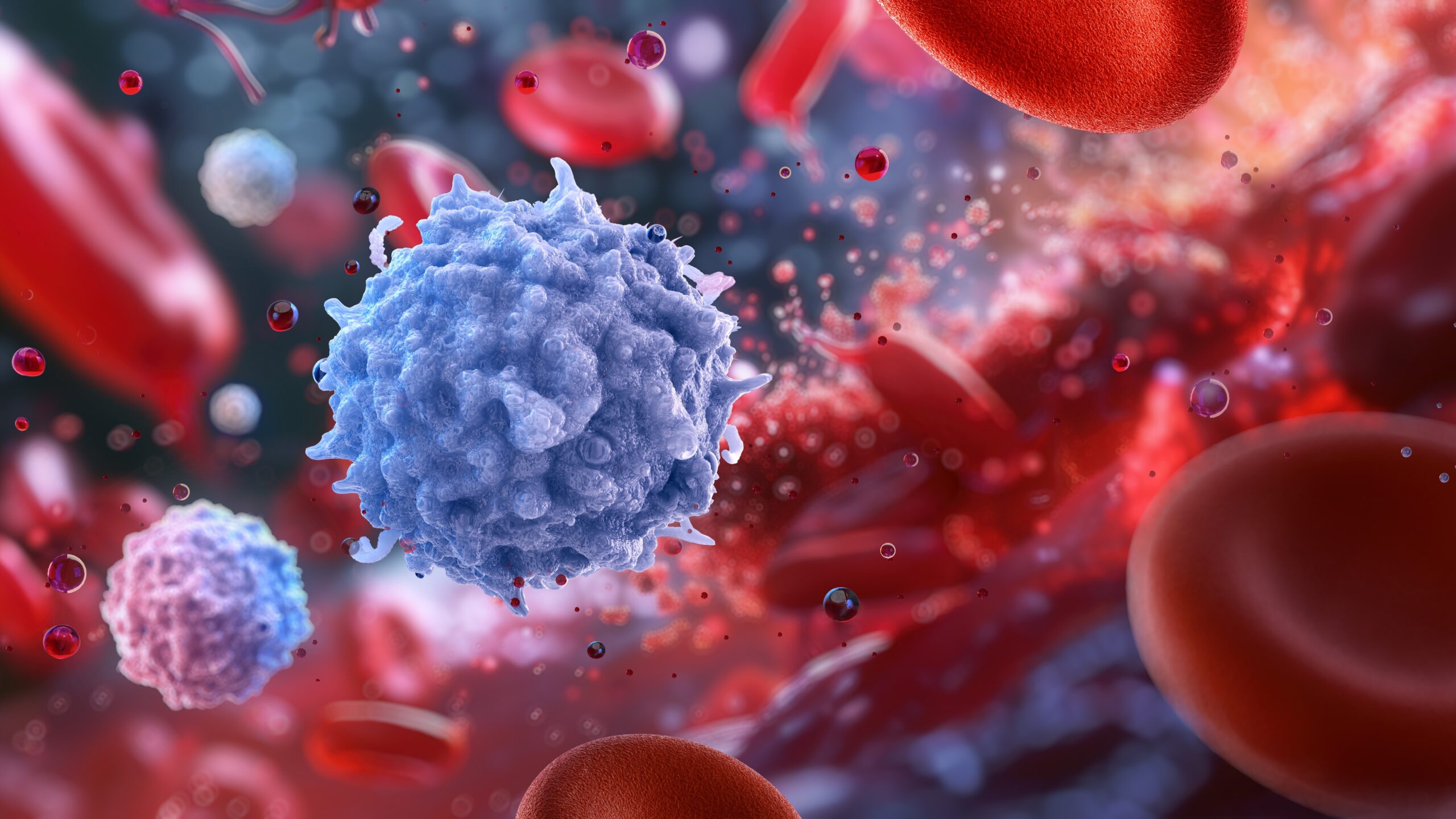
Intravenous immunoglobulin could potentially reduce “most of the infection risk” in patients with multiple myeloma who are receiving BCMA-targeted bispecific antibodies, according to a recent study.
Guido Lancman, MD, of the Princess Margaret Cancer Centre of the University Health Network and the University of Toronto, and colleagues conducted the study because “serious infections have emerged as important toxicities.”
“This study demonstrates that [intravenous immunoglobulin] is associated with a substantially reduced risk of serious infections in patients receiving anti-BCMA bispecific antibodies,” Dr. Lancman said in a press release. “Given the very high rates of serious infections and deaths in patients receiving these treatments, this study supports a proactive rather than a reactive approach, meaning initiation of [intravenous immunoglobulin] prophylaxis from the beginning rather than waiting for patients to experience complications.”
Dr. Lancman and colleagues conducted a retrospective study to characterize all infections and their risk factors in 37 patients receiving BCMA-targeted bispecific antibodies. They also evaluated the impact of infection prophylaxis.
The researchers reported that 41% of patients had a grade 3 to 5 infection and two patients had infection-related deaths during deep remissions. Nearly all (84%) of infections occurred during remissions and the “cumulative probability of grade 3–5 infection increased over time with no plateau,” Dr. Lancman and colleagues reported.
In the 26 (70.2%) patients who responded to treatment, all had “profound” hypogammaglobulinemia that “continued throughout the entire duration of treatment,” according to the study’s authors.
However, in periods when patients were receiving intravenous immunoglobulin, the rate of grade 3 to 5 infections was 90% lower than during the observation period (incidence rate ratio, 0.10; 95% CI, 0.01-0.80; P=.0307). The researchers did not identify any other risk factors for infection.
“This study demonstrates that profound hypogammaglobulinemia is universal with BCMA-targeted [bispecific antibodies], with intravenous immunoglobulin potentially abrogating most of the infection risk,” Dr. Lancman and colleagues concluded.
Reference
Lancman G, Parsa K, Kotlarz K, et al. IVIg use associated with ten-fold reduction of serious infections in multiple myeloma patients treated with anti-BCMA bispecific antibodies. Blood Cancer Discov. 2023. doi:10.1158/2643-3230.bcd-23-0049






 © 2025 Mashup Media, LLC, a Formedics Property. All Rights Reserved.
© 2025 Mashup Media, LLC, a Formedics Property. All Rights Reserved.